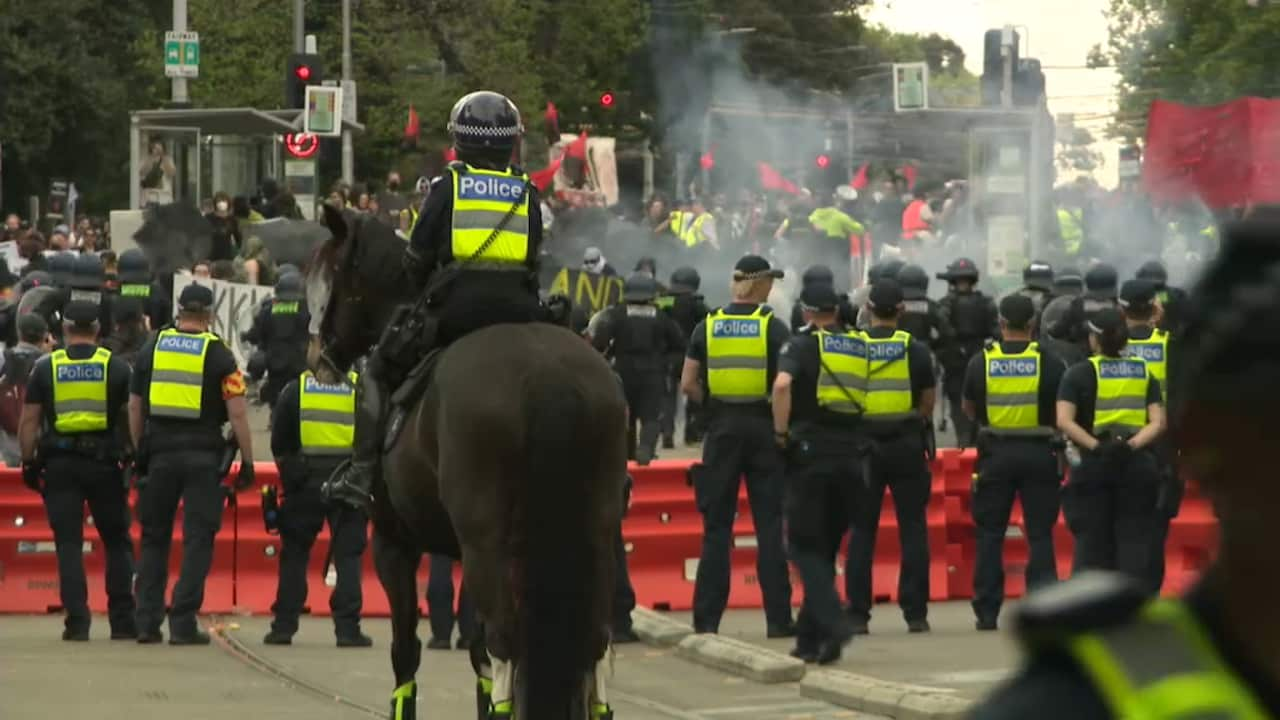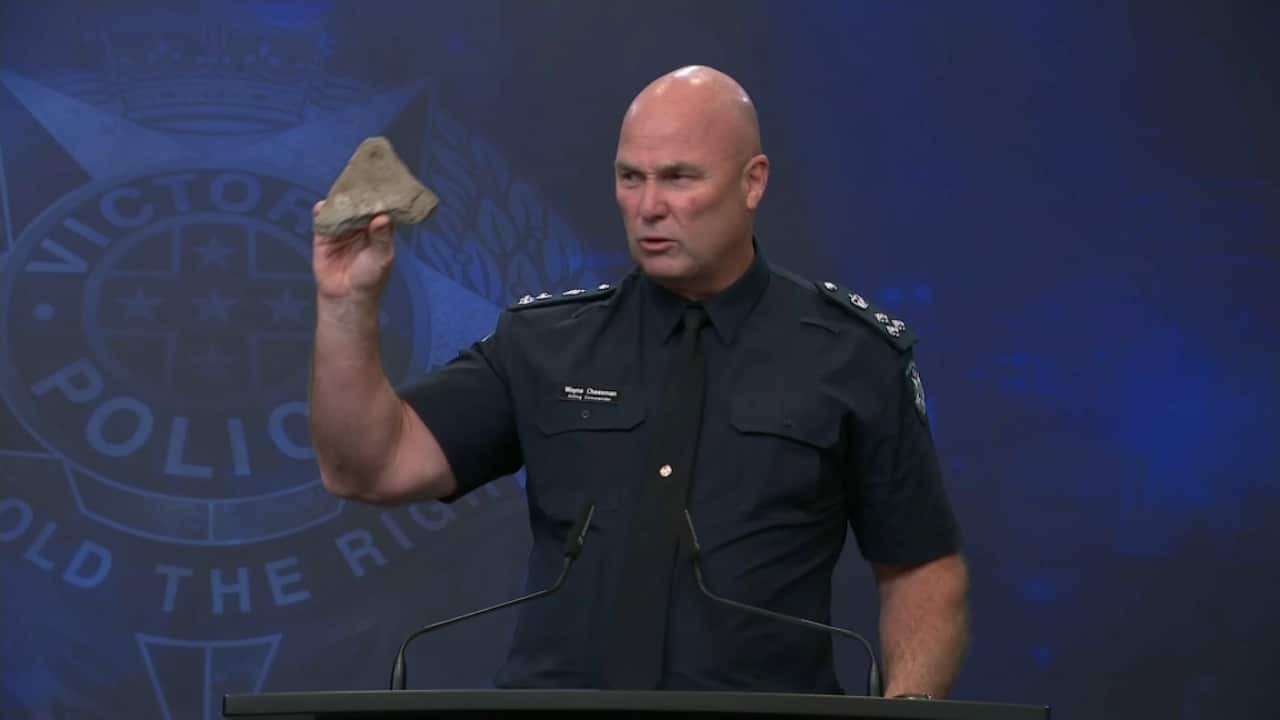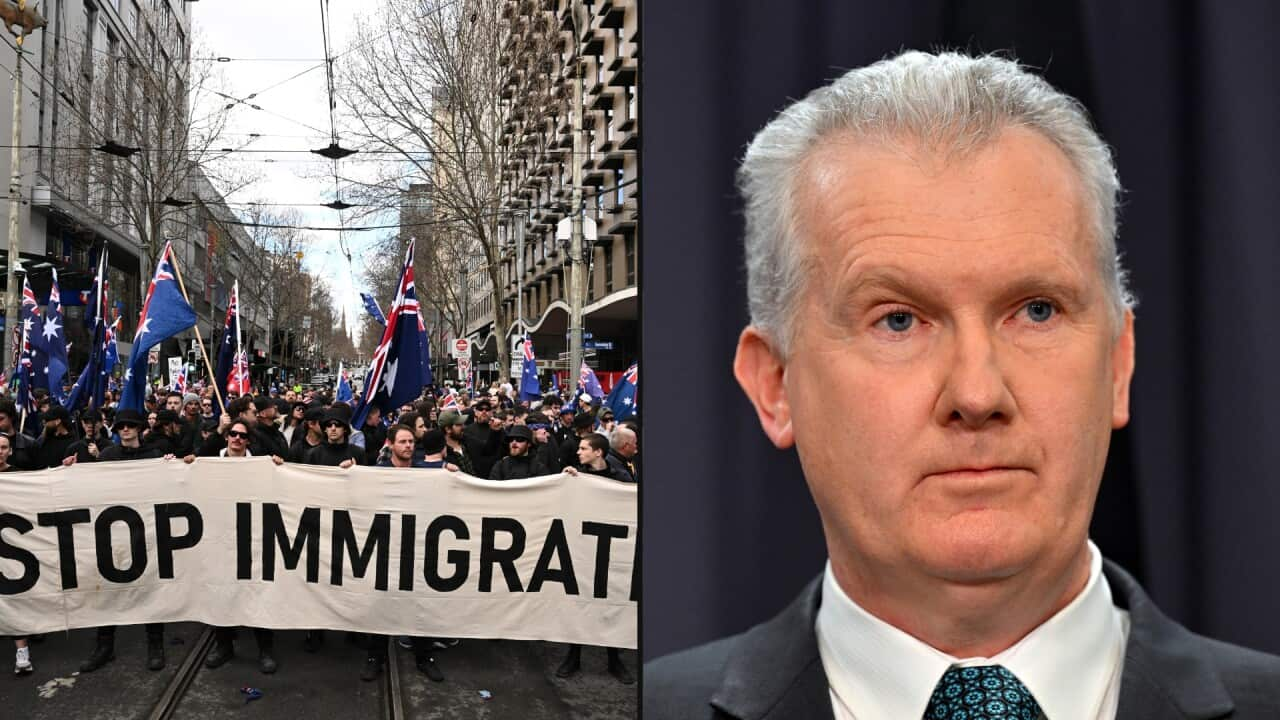The number of migrants coming to Australia needs to come down, the immigration minister says, but a set multi-year target would not be helpful.
Tony Burke said the migration intake was continuing to fall and was 40 per cent below its peak in the aftermath of the COVID pandemic.
While the Department of Home Affairs has announced plans to commit to a four-year immigration target, Burke said that would not be the right approach.
"What I am concerned about is if you over-commit where you will be at in future years, you miss some of the changed needs of the nation that we have," Burke told ABC's Insiders program on Sunday.
"I never want to have a situation where we feel committed because we announced this is where we'd be three years earlier, and we lose some of the flexibility we need to take advantage of exactly what Australia needs."
In September, the federal government announced 185,000 permanent visas would be made available in 2025-26, leaving the rates unchanged from the previous financial year.
Burke said the overall migration rate would be tailored to what the country needs.
"The net overseas migration figure we're expecting will continue to soften ... and that's just getting us to appropriate levels post-pandemic," he said.
Opposition home affairs spokesman Jonathon Duniam said the government should carry out a methodical process for determining what future migration levels looked like.
"It's time for (the government) to be transparent about how they're factoring all of these things in, like housing, health, education, public services, as to how they get the numbers," he told Sky News.
"Australians broadly agree, and indeed the minister himself has said, that (the migration level) is too high."
The minister stressed the need to keep the debate surrounding migration respectful.
"People used to talk about being able to engage in dog whistle politics, and you give a message, and only certain people would really hear what you were saying. It's not a dog whistle any more. It's a set of bag pipes coming over the hill," he said.
"We are a multicultural nation, and when people sledge multicultural Australia, there are a whole lot of Australian citizens who hear it, feel it deeply."
Anti-immigration and counter-protesters face off
Meanwhile, there have been tense scenes across the country as anti-immigration rallies were met by anti-racism counterprotests in capital cities, as well as some smaller regional centres.
In Melbourne, the riot squad deployed pepper spray and flash distraction devices as they sought to keep the rival rallies separated.
Victoria Police said two officers had been hospitalised after being "pelted with rocks, glass bottles and fruit" by anti-racist counterprotesters.
One person was arrested and investigations were underway to identify other offenders, police said in a mid-afternoon media statement.

"The truth is, there's probably 40 to 50 hardcore protesters who were trying to harm the police," West Metro Commander Wayne Cheeseman said.
"What concerns me though, is they are standing with the larger group, and the other group are not intervening, they're not telling them to stop, so in a way they're offering their support, which is unacceptable," he said.
The March for Australia protesters "were peaceful, were engaging, they listened to our instructions", Cheeseman was reported by the ABC as saying.

March for Australia organisers said rallies were planned in 14 locations — but crowds appear to have been significantly smaller than they were during earlier protests in August, when an estimated 50,000 people gathered across the nation in August.
The March for Australia has called for an end to "mass migration", arguing it has "torn at the bonds that held our communities together".
Those rallies proved controversial after neo-Nazis addressed the crowd in a number of cities, with an Aboriginal encampment also attacked in Melbourne.
ABC News Verify also recently published a video appearing to show a key March for Australia organiser co-coordinating with a Neo-Nazi at the Sydney rally in August.
Black-clad members of the far-right National Socialist Network (NSN) weren't visible at today's marches, but The Age reported that a number of NSN members in plain clothes were in attendance in Melbourne.
While some of today's March for Australia attendees disavowed Nazi ideologies, there were still unsubstantiated claims against migrants, who were singled out as the cause of a host of historical and universal issues.
In Sydney, the opposing marches were only a few blocks away from one another, but kept well apart.
Unite Against Racism: Migrants and Refugees Are Welcome said earlier that demonstrations and other events opposing the March for Australia rallies would be held in Sydney, Melbourne, Canberra, Brisbane, Perth and Adelaide.
A broad collection of unions and community groups had come together to stand against the March for Australia movement, they said.
"The danger posed by the far-right is imminent and rising," Labor for civil liberties convenor Shannen Potter said.
"Labor needs to wake up to the threat posed by fascism, and join with the community in showing Nazis and the far-right that they aren't welcome here.
For the latest from SBS News, download our app and subscribe to our newsletter.

